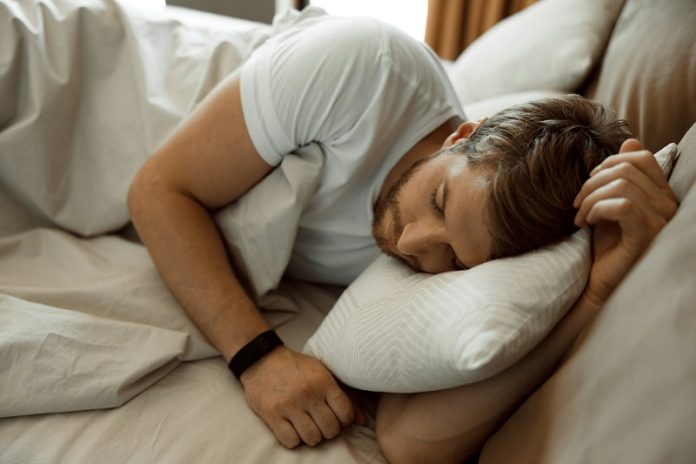
Scientists have long known that sleep is essential for our health, but the exact ways our brains control sleep are still a bit of a mystery.
One thing we do know is that when we don’t get enough sleep, our bodies try to catch up by making us sleep longer and deeper the next time we rest.
This is part of our body’s natural balance, called homeostasis, which helps maintain the right amount of sleep.
But how exactly does the brain keep track of our sleep needs?
Researchers from the University of Tsukuba have been exploring this question by focusing on the connections between brain cells, known as synapses. These connections play a key role in how our brain cells communicate and function.
The scientists created a new tool called SYNCit-K, which can boost the strength of these connections. They also developed a mathematical model called the EIN (excitatory-inhibitory neuronal network) model, which helps predict how changes in synaptic strength can affect brain activity and sleep.
In their study, published in the journal Science, the researchers used SYNCit-K on the frontal cortex of mice, a part of the brain involved in decision-making and problem-solving.
They found that strengthening the synaptic connections in this area actually induced sleep in the mice. Conversely, when they blocked this enhancement, the mice didn’t enter into deep sleep as easily.
Interestingly, after the mice had slept, the strengthened connections returned to their normal levels, supporting the idea that sleep helps reset the brain’s connections.
These findings suggest that the strength of synaptic connections in the brain is closely linked to how we sleep. By better understanding this relationship, scientists hope to develop new treatments that could help people who struggle with sleep. The research also opens up new avenues for studying how our brains work and how sleep is regulated at a deeper, computational level.
This discovery could one day lead to better ways to improve sleep quality and quantity, benefiting millions of people who suffer from sleep-related issues.
If you care about sleep health, please read studies about foods that help people sleep better, and Keto diet could improve cognitive function in people with sleep loss.
For more health information, please see recent studies about the natural supplements for sound sleep, and how your diet can improve sleep quality.



